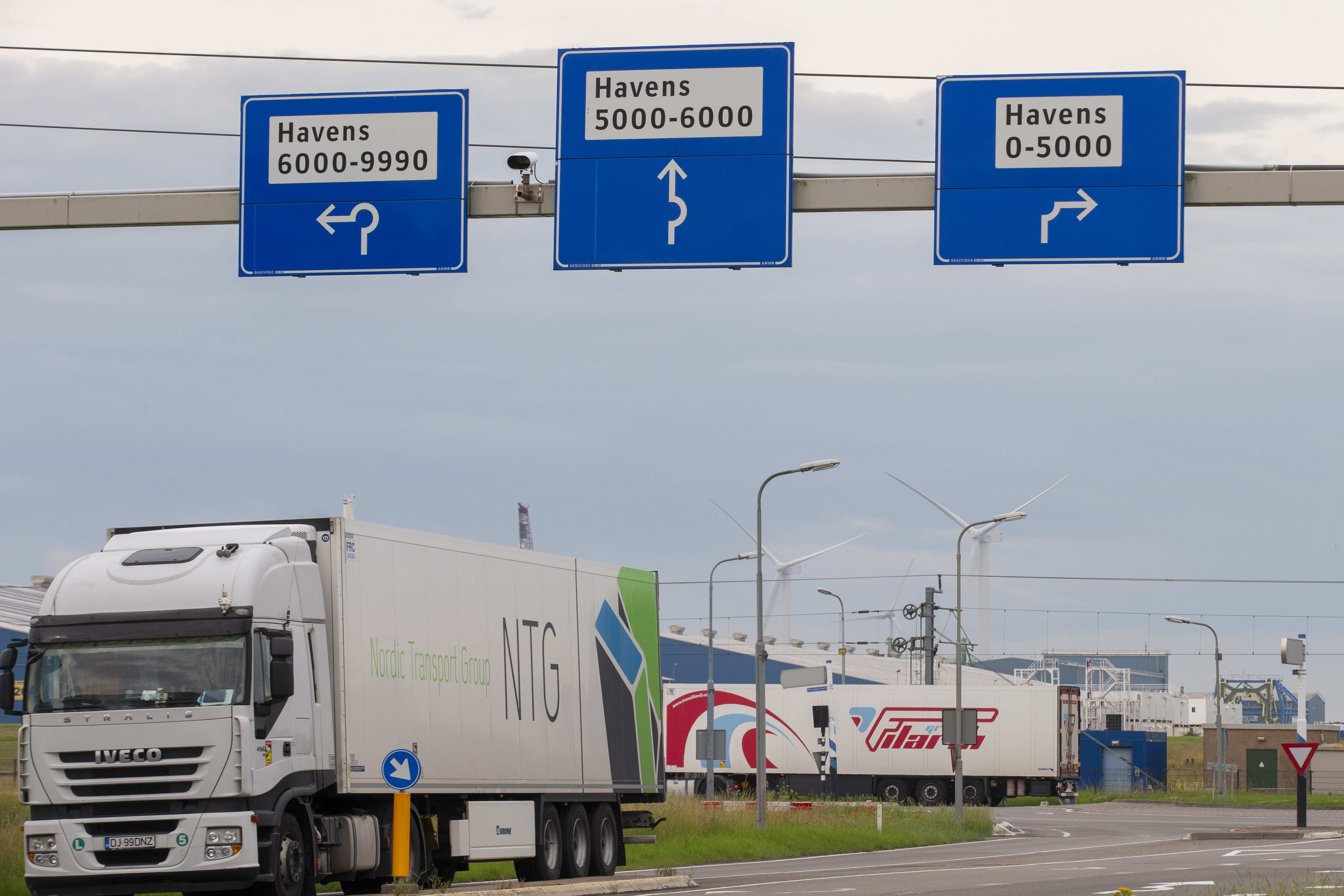North Sea Port cargo down due to European recession and war in Ukraine

The companies of North Sea Port, the merger of the seaports of Ghent, Terneuzen and Vlissingen, recorded an 11 per cent fall in seaborne cargo and a 6 per cent fall in inland cargo in the first half of the year. North Sea Port cites the recession in Europe and the war in Ukraine as possible explanations.
The Flemish and Dutch ports handled 33.4 million tonnes of goods by sea, 4.2 million less than in the first six months of last year. "The 11 per cent decrease in throughput is mainly seen in recession-sensitive products such as building materials, steel (for the automotive industry) and petroleum products such as gas and diesel oil," says North Sea Port. "By type of cargo, the throughput of liquid bulk (7.1 million tonnes) fell by 18 per cent, including gas and diesel oil, naphtha and chemical products."
Trading partners
At the beginning of 2022, Russia was still the leading trading partner, says North Sea Port spokesperson Johan Bresseleers. "That is entirely different now. Trade with Russia has more than halved, mainly due to EU sanctions. Trade with Ukraine also continues to decline. The United States is now our most important trading partner."
The volume of goods transported by inland waterways is also falling. In the first six months of the year, 31.3 million tonnes was handled, 6 per cent less than a year earlier.
With an economic value of around 13.5 billion euros, the North Sea Port is one of Europe's leading ports. It provides about 100,000 jobs in more than 500 companies. Regarding goods traffic, the North Sea Port is number 10 in Europe. The port area stretches 60 km from Vlissingen via Terneuzen in the Netherlands to Ghent in Belgium.
#FlandersNewsService | © BELGA PHOTO NICOLAS MAETERLINCK
Related news

